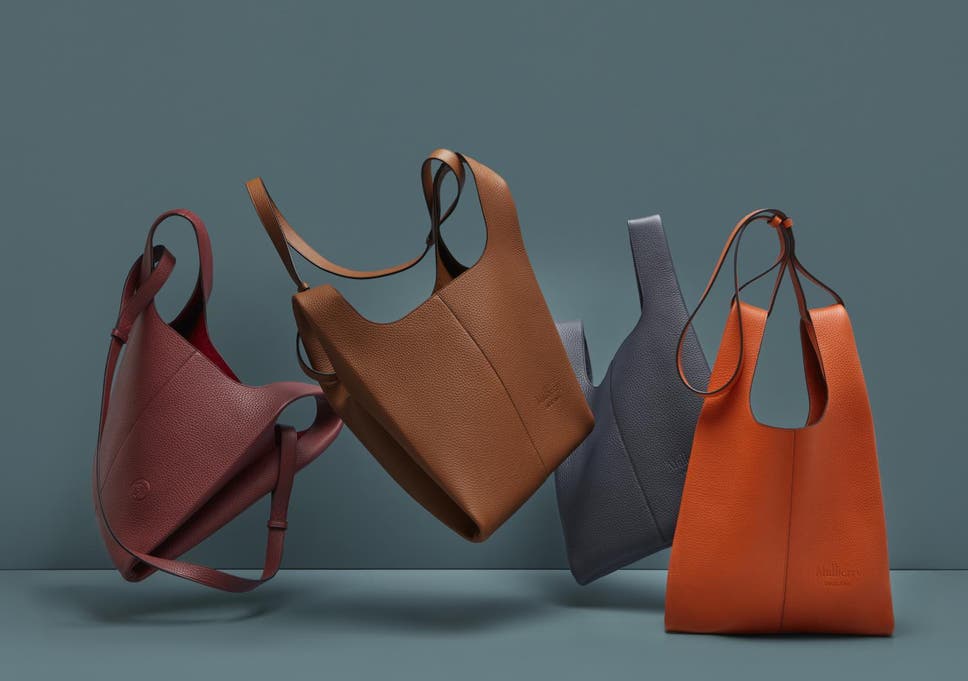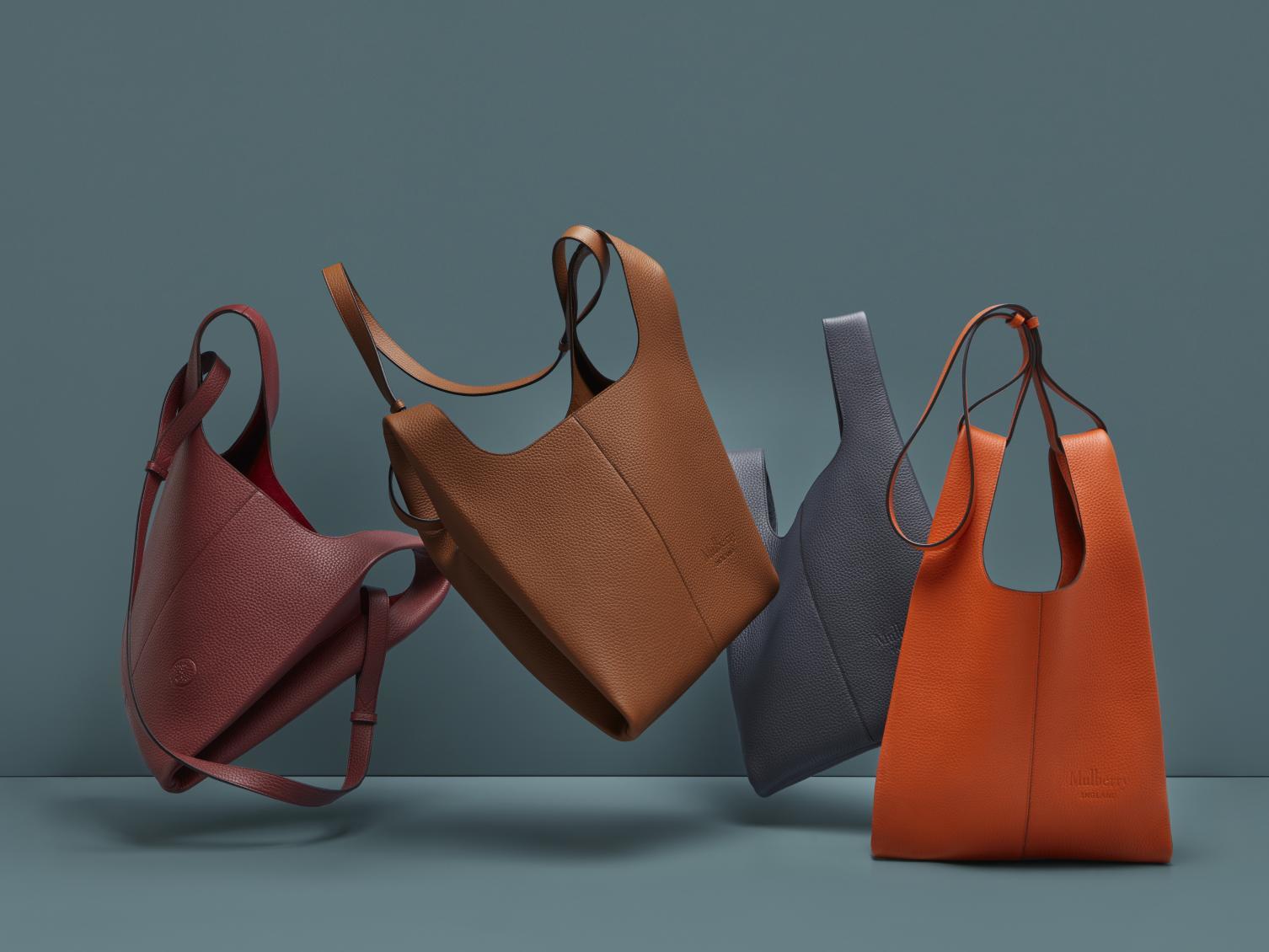
Mulberry announces launch of 'first 100% sustainable leather bag'
Material used for bag is a by-product of food production
by Sabrina BarrMulberry has launched a new handbag, the Portobello Tote, which it claims is 100 per cent sustainable.
The bag, which retails at £795, was produced in the luxury fashion label's carbon-neutral factories in Somerset.
All of Mulberry's UK operations, including its factories, offices and directly-operated retail stores, became carbon neutral in 2019, with plans to expand this measure on a global scale by 2025.
The European-sourced heavy-grain leather used to manufacture the bag is a by-product of food production and comes from a gold-rated tannery.
The tannery's gold rating was awarded by the Leather Working Group, a multi-stakeholder group that promotes sustainability within the leather industry.

The Portobello tote has also been stitched using Epic EcoVerde thread, which is made from recycled polyester fibre.
All profits from the sale of the bag are being donated to the World Land Trust, a non-profit environmental organisation that was first established in the UK 30 years ago.
Johnny Coca, creative director at Mulberry, said the inspiration for the Portobello came from the "ultimate everyday item, the plastic bag", which is "functional, but throwaway".
"The Portobello keeps the beautiful utility of this silhouette and elevates it into an elegant tote that is practically and, more importantly, made to last," Mr Coca stated.
Thierry Andretta, CEO of the fashion label, said he is "delighted" with regards to the development of Mulberry's sustainable bag.
"Through our Mulberry Green responsibility commitments, we are continuing our innovative approach towards design and manufacturing in a conscientious way, ensuring we will provide truly luxury, truly responsible products for our customers."
The Portobello Tote comes in seven colourways, including chestnut, tangerine orange and crimson.
Last month, American Vogue editor-in-chief Anna Wintour spoke about the importance of promoting sustainability within the fashion industry, saying that shoppers should take better care of their clothes and pass them onto others, rather than throwing them away not longer after purchasing them.
“I think for all of us it means an attention more on craft, on creativity, and less on the idea of clothes that are instantly disposable, things that you will throw away just after one reading,” Wintour told Reuters.
British Vogue editor-in-chief echoed this point of view when revealing Taylor Swift's cover for the January issue of the publication, on which she wears a vintage Chanel ensemble.
“I wanted to put a vintage Chanel jacket on the cover of Vogue because I feel that, with the global climate crisis, we all have to do what we can to contribute to the conversation around sustainability,” Enninful said.